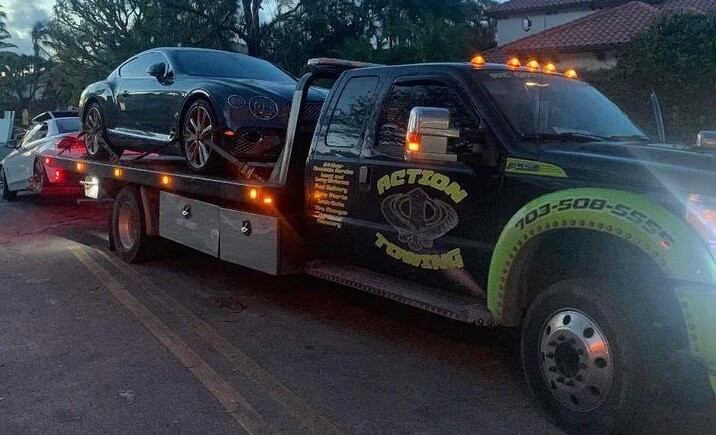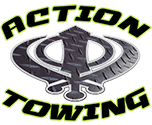 Towing is a necessary service for many motorists, but it’s important to make sure that the towing company you choose abides by all of the proper safety standards. This blog post will discuss the importance of tow truck safety, how you can ensure your safety when using a towing service, and why it’s essential for companies offering towing services to follow these guidelines.
Towing is a necessary service for many motorists, but it’s important to make sure that the towing company you choose abides by all of the proper safety standards. This blog post will discuss the importance of tow truck safety, how you can ensure your safety when using a towing service, and why it’s essential for companies offering towing services to follow these guidelines.
When most people think of tow trucks, they often associate them with an unpleasant experience like getting stuck on the highway or having their car towed from their home after an accident. But beyond those instances, tow trucks are incredibly helpful in terms of providing assistance during roadside emergencies.
They can also be used as part of regular maintenance such as flat tire changes or jump-starting dead batteries. Despite this usefulness though, there needs to be serious consideration taken into account about just how safe those operating them actually are because mistakes made while connecting vehicles could result in tremendous losses both financially and physically.
Tow truck operators need extensive training before they ever get behind the wheel of one of these large vehicles due to all its complexities and dangers involved with dealing with another person’s vehicle, especially when under duress or difficult conditions like rush hour traffic or hazardous weather situations. Companies should have policies and procedures in place that ensure their operators have the required skills, knowledge, and experience to properly handle any job they may be assigned.
In addition to training, safety guidelines should also be followed while operating a tow truck. These include inspecting the vehicle before every trip, making sure all straps are securely fastened and tightened correctly, making sure the brakes are functioning properly, and checking for any oil or fuel leaks that could cause unsafe situations on the road. Furthermore, it’s also important to make sure that all passengers in towed vehicles are always properly restrained at all times out of consideration both for their own safety as well as those around them.
When choosing a company for your towing needs it’s essential to take the time to research and ask questions about their safety protocols. Ask for references, check reviews, and most importantly make sure the company is licensed, insured, and bonded. Taking these steps will ensure that you’re being serviced by a reputable towing service with an established track record of following industry-standard safety guidelines.
In conclusion, it’s important for all companies offering towing services to be mindful of the importance of tow truck safety. There are many regulations in place that apply specifically to tow truck operators and it’s vital for them to follow these rules so that everyone involved can remain safe on the road.
It’s also essential for customers to do their due diligence when choosing a reliable service provider who is knowledgeable and experienced in the towing industry. With all this considered, we can make sure that everyone involved stays safe during tow truck operations.
